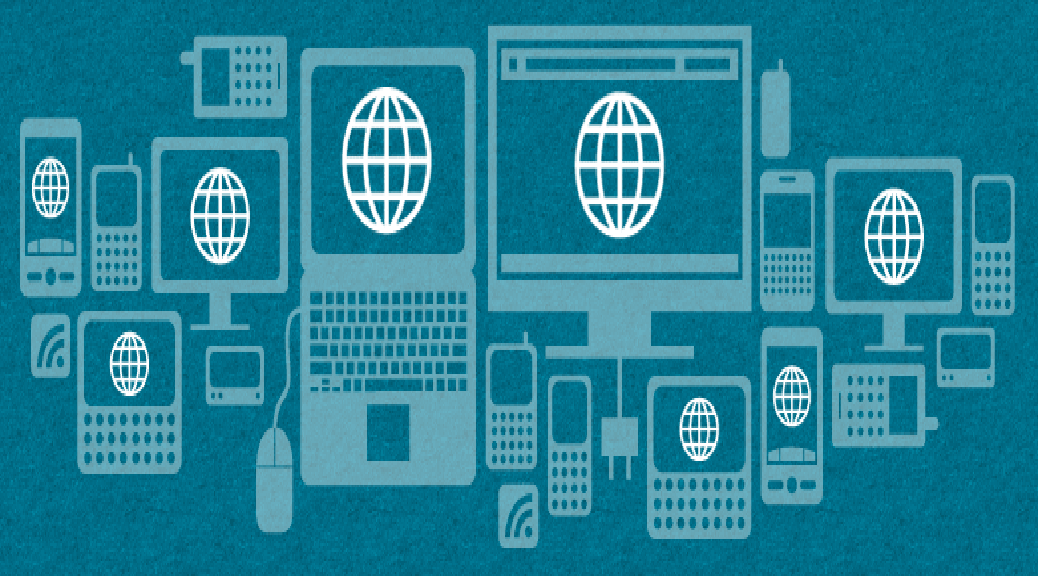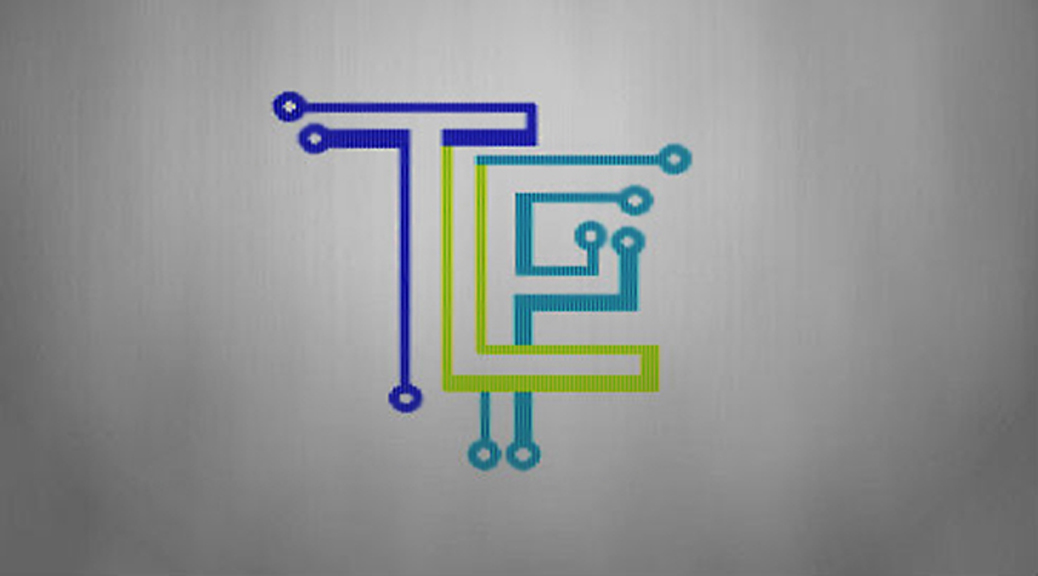This post has been authored by Purbasha Panda and Lokesh Mewara, fourth and fifth years from NLU Ranchi. It discusses the data protection laws for deceased individuals, and the legal justifications for post-mortem privacy. Post-mortem privacy is defined as the right of a person to preserve and control what formulates his/her reputation after death. It is…
Tag: India
Net Neutrality Violations in India: On BluWiFi and OTT Services
I have written some posts about Net Neutrality before, here and here (the second is the 101). And recently, the now-aborted Airtel VoIP plans has kick-started serious discussions on the topic by TRAI, prompting the regulatory agency to issue a statement saying it will be releasing a consultation paper on the issue soon. But it…
December, 2014: Fireworks and more!
December, 2014, has been the month when the Indian community received a multitude of shocks, one after the other and each one more powerful, on the issue of internet-related legal problems. First, we had the lamentable Uber issue, which was followed by Airtel announcing (and later withdrawing) its VoIP-data plan, which violated Net Neutrality down…
The Status of Electronic Surveillance Laws in India: An Overview (Part II)
(Image Source: https://flic.kr/p/6YSTmq) The following is the last in a series of two posts on the Electronic Surveillance laws in India, brought to us by Anurag Dasgupta, CNLU Patna. FEW OTHER STATUTES WHICH AIM AT REGULATING SURVEILLANCE IN INDIA
The Status of Electronic Surveillance Laws in India: An Overview (Part I)
(Image Source: https://flic.kr/p/6YSTmq) The following is the first in a series of two posts on the Electronic Surveillance laws in India, brought to us by Anurag Dasgupta, CNLU Patna. After the wave of liberalisation and globalisation; the demographics of various countries have changed, (for better), such change also includes within itself the technological impetus, which many…
Data Retention Protocols: A Critical Appraisal of the Telecom Surveillance Apparatus in India and Abroad (Part II)
The second post in the two-part series on Data Retention laws in India and abroad, by Balaji Subramanian. The first part can be found here. In Foreign Lands: US and the EU Earlier, I’ve given a broad picture of the data retention scenario in India. Now, I attempt to draw a comparison between India and…
Data Retention Protocols: A Critical Appraisal of the Telecom Surveillance Apparatus in India and Abroad (Part I)
The following is the first in a two-post series by Balaji Subramanian on Data Retention, a second-year student at NALSAR. Balaji is quite interested in Technology and Cyber Law, and has worked on issues ranging from Cyber Forensics to Data Retention., interning with CIPRA at NLSIU and Tanikella Rastogi Associates on related issues. Descriptively, data retention refers to the gathering…
Cross Media Ownership in India: Cause for Concern?
The following post is by Shashank Atreya, a student of School of Law, Christ University, Bangalore. He is a founding member of the Committee on Public Policy and Governance, School of Law, Christ University, and has headed research panels drafting suggestions to the Parliament Standing Committee and Law Commission. Shashank is a Media Law enthusiast, and…
Internet Rights in Africa: A Comment
(Image Source: owni.fr) The Internet is an enabling space. It provides us with the realization of our basic human rights, including the right to freedom of expression, opinion, thought and belief. In this blog post, I have tried to give an overview of the recent developments with regard to the Internet rights in Africa.
On the Need for Network Neutrality
(Image Source: https://flic.kr/p/ciEBXf) (This post was published earlier on SpicyIP) Network Neutrality The debate around Network Neutrality is a decades old debate, but it is not any less relevant for it. The idea of ‘Network Neutrality’ is, simply put, that ISPs do not price-discriminate between their consumers. Thus, under the Net Neutrality regime, an Internet…



